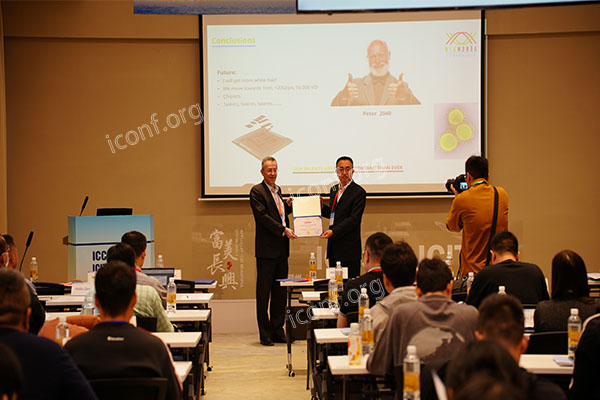

391 views||Release time: Jan 13, 2025
Artificial Intelligence (AI) conferences are the epicenter of technological advancements, bringing together researchers, industry leaders, and innovators from around the globe. These events provide unparalleled opportunities to share insights, explore the latest developments, and connect with key players in the AI ecosystem. If you’re working on AI-driven research, attending or presenting at AI conferences in 2025 can position you at the forefront of this rapidly evolving field.

Discover Cutting-Edge Innovations
AI conferences showcase the latest breakthroughs in machine learning, natural language processing, computer vision, robotics, and other AI disciplines. Attending these conferences gives you access to cutting-edge technologies, methodologies, and applications that are shaping industries worldwide.
Present Your Research to a Global Audience
Presenting at AI conferences allows you to share your work with a diverse and influential audience, including academics, entrepreneurs, and industry leaders. This visibility can open doors to new opportunities, collaborations, and recognition within the AI community.
Stay Ahead of Emerging Trends
The AI landscape evolves rapidly, with new trends and technologies emerging every year. AI conferences provide an overview of these developments, enabling you to stay informed and adapt your research or projects to align with future demands.
Network with Industry Leaders and Researchers
Networking is one of the most valuable aspects of attending AI conferences. These events gather experts from academia and industry, offering the chance to build connections, exchange ideas, and explore potential collaborations that can take your career to new heights.
Enhance Your Academic and Professional Profile
Participating in high-profile AI conferences and publishing your research in their proceedings can significantly boost your academic CV and professional reputation. These accomplishments demonstrate your expertise and commitment to advancing AI technologies.
AI conferences in 2025 are likely to focus on a range of transformative topics, including:
Browse AI-Specific Platforms
Platforms like iconf.com curate lists of upcoming AI conferences worldwide. These listings include event details, submission deadlines, and guidelines, helping you find the perfect conference for your research.
Follow Industry Leaders and Organizations
Keep an eye on announcements from leading AI organizations like AAAI, NeurIPS, and IJCAI. These groups host some of the most prestigious AI conferences each year.
Sign Up for Alerts
Stay informed about upcoming AI conferences by subscribing to email alerts on platforms like iconf.com. This ensures you don’t miss important submission deadlines or event updates.
Review Calls for Papers (CFPs)
AI conferences often release Calls for Papers (CFPs) outlining their themes and topics. Reviewing these CFPs helps you identify events that align with your research focus and increases your chances of acceptance.
Craft a Strong Abstract
Your abstract is a critical element of your submission. Clearly articulate your research objectives, methods, and findings, highlighting its significance in the AI field. A concise and compelling abstract increases the likelihood of acceptance.
Prepare for Your Presentation
Create engaging visuals and practice your delivery to ensure your presentation is clear, concise, and impactful. Use examples and demonstrations to illustrate complex AI concepts effectively.
Engage with the Audience
Encourage questions and discussions during your presentation. This not only enhances audience engagement but also provides valuable feedback for improving your research.
Network Actively
Attend networking sessions, participate in panel discussions, and connect with attendees during breaks. Building relationships with peers and industry leaders can lead to fruitful collaborations and new career opportunities.
AI conferences in 2025 offer a unique platform to contribute to and learn from the ever-expanding world of artificial intelligence. Whether you’re presenting groundbreaking research or simply attending to stay informed, these events are essential for anyone passionate about advancing AI technologies.
To explore a curated list of upcoming AI conferences and submission details, visit iconf.com. Start planning your participation today and position yourself as a leader in the dynamic field of artificial intelligence.